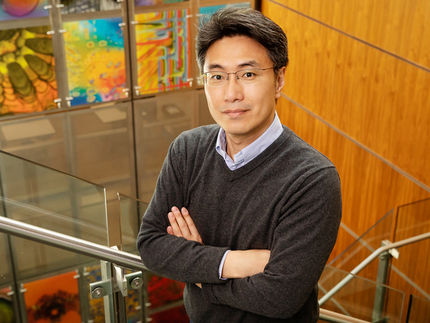Researchers find selfishness can sometimes help the common good
Advertisement
Scientists have overturned the conventional wisdom that cooperation is essential for the well-being of the whole population, finding proof that slackers can sometimes help the common good. The researchers, from Imperial College London, the Universities of Bath and Oxford, University College London and the Max Planck Institute for evolutionary biology, studied populations of yeast and found that a mixture of ‘co-operators’ and ‘cheats’ grew faster than a more utopian one of only ‘co-operators’.
In the study, the ‘co-operator’ yeast produce a protein called invertase that breaks down sugar (sucrose) to give food (glucose) that is available to the rest of the population. The ‘cheats’ eat the broken down sugar but don’t make invertase themselves, and so save their energy.
The study, published in the journal Public Library of Science Biology, used both laboratory experiments and a mathematical model to understand why and how a little “selfishness” can benefit the whole population.
Professor Laurence Hurst, Royal Society-Wolfson Research Merit Award Holder at the University of Bath, explained: “We found that yeast used sugar more efficiently when it was scarce, and so having ‘cheats’ in the population stopped the yeast from wasting their food.
“Secondly we found that because yeast cannot tell how much sucrose is available to be broken down, they waste energy making invertase even after there is no sugar left. This puts a brake on population growth. But if most of the population are ‘co-operators’ and the remainder are ‘cheats’, not all of the population is wasting their energy and limiting growth.
“For these effects to matter, we found that ‘co-operators’ needed to be next to other ‘co-operators’ so they get more of the glucose they produce. If any of these three conditions were changed, the ‘cheats’ no longer benefitted the population.”
Dr Ivana Gudelj, NERC Advanced Fellow and Lecturer in Applied Mathematics at Imperial College London added: “Our work illustrates that the commonly used language of ‘co-operators’ and ‘cheats’ could in fact obscure the reality.
“When the addition of more invertase producers reduces the fitness of all, it is hard to see invertase production as co-operation, even if it behaves in a more classical co-operative manner, benefitting all, when rare.”
The researchers suggest similar situations may exist in other species where ‘cheats’ help rather than hinder the population.
Original publication: MacLean, R. C., Fuentes-Hernandez, A., Greig, D., Hurst, L. D., Gudelj, I.; “A mixture of ‘cheats’ and ‘co-operators’ can enable maximal group benefit”; PLoS Biol 2010, 8(9).

















































